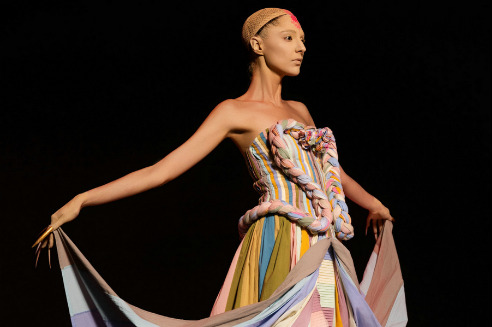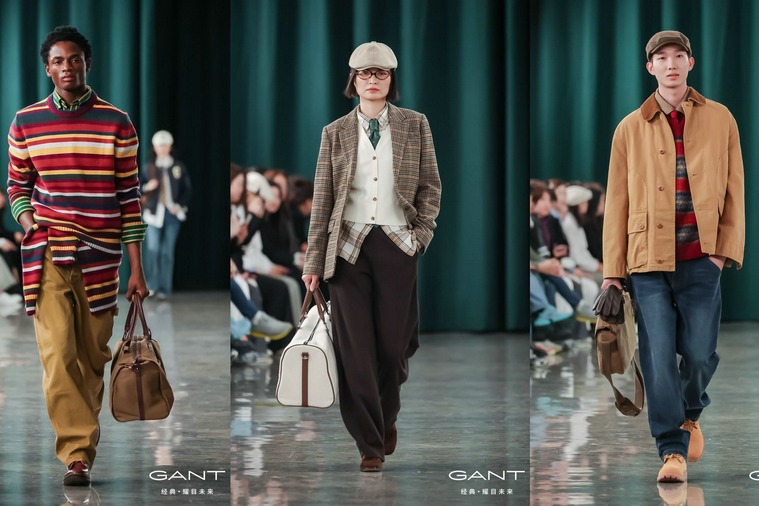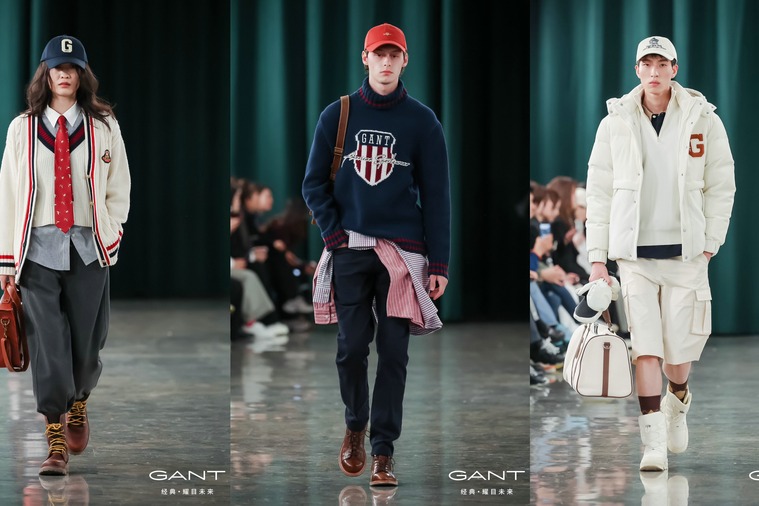Fast apparel and our collective apocalypse


What we should wear is one of the fundamental questions we ask ourselves every day. More than ever, we're told it should be something new. Today, the clothing industry employs every sixth person on Earth, making it the most labour-intensive industry – more than agriculture or defence. Yet fewer than 2% of those workers earn a living wage. (Among the many sweatshop scandals over the years, in 2016, H&M, Next and Esprit were found to have Syrian refugee children sewing and hauling bundles of clothes at subcontracted workshops in Turkey.)
Historically, the apparel trade has exploited labor, the environment and intellectual property – and in the last three decades, with the simultaneous unfurling of fast fashion, globalisation and the tech revolution, those abuses have multiplied exponentially, primarily out of view. We are in dire need of an entirely new human-scale model.




































